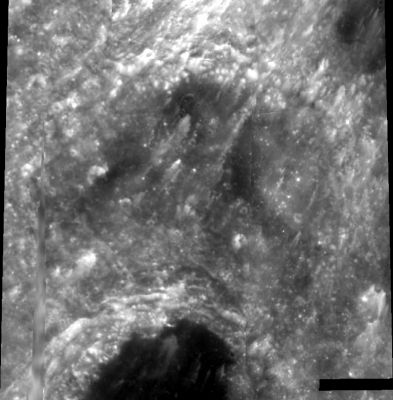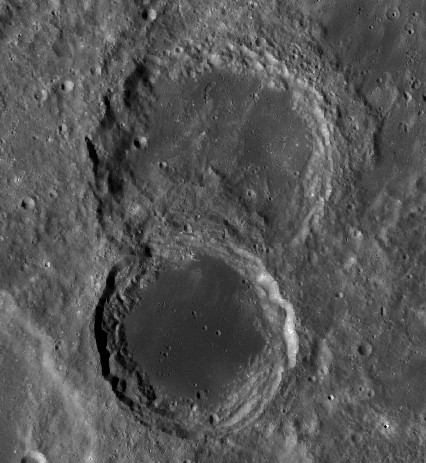Maxwell
Contents
Maxwell
| Lat: 30.2°N, Long: 98.9°E, Diam: 107 km, Depth: km, Rükl: (farside) |
Table of Contents
[#Maxwell Maxwell]
[#Maxwell-Images Images]
[#Maxwell-Maps Maps]
[#Maxwell-Description Description]
[#Maxwell-Description: Wikipedia Description: Wikipedia]
[#Maxwell-Additional Information Additional Information]
[#Maxwell-Nomenclature Nomenclature]
[#Maxwell-LPOD Articles LPOD Articles]
[#Maxwell-Bibliography Bibliography]
[#Maxwell-A certain Maxwell in the Sourcebook Project (William R. Corliss) A certain Maxwell in the Sourcebook Project (William R. Corliss)]


left: Clementine, right: LRO-WAC ; Maxwell at upper half, dark floor Lomonosov protruding fom below (south)
Images
LPOD Photo Gallery Lunar Orbiter Images Apollo Images
Maps
(LAC zone 46A2) USGS Digital Atlas PDF
Description
Description: Wikipedia
Additional Information
Nomenclature
- James Clerk Maxwell (b. June 13, 1831 - November 5, 1879) was a Scottish mathematician and theoretical physicist. His most significant achievement was aggregating a set of equations in electricity, magnetism and inductance — eponymously named Maxwell's equations — including an important modification of Ampère's Circuital Law. It was the most unified model of electromagnetism yet. It is famous for introducing to the physics community a detailed model of light as an electromagnetic phenomena, building upon the earlier hypothesis advanced by Faraday (Faraday Effect). Maxwell Montes, a mountain range on Venus, one of only three features on the planet that are not given female names, is named in his honor.
- Discovered in Lunik 3 imaging of farside and named in Atlas of the Far Side of the Moon and approved by the IAU in 1961 (Whitaker, p 232).
LPOD Articles
Bibliography
A certain Maxwell in the Sourcebook Project (William R. Corliss)
- In Mysterious Universe, a handbook of astronomical anomalies (1979) :
- Page 665: The ether-drift experiment and the determination of the absolute motion of the earth (Dayton C. Miller, Nature, 1934).
Note:
According to this article, the ether-drift experiment was first suggested by Maxwell in 1878. I am not familiar with ether-drift experiments, but I have to find out who this Maxwell was. Was it perhaps James Clerk Maxwell? - DannyCaes DannyCaes Apr 26, 2015
This page has been edited 1 times. The last modification was made by - tychocrater tychocrater on Jun 13, 2009 3:24 pm - afx3u2